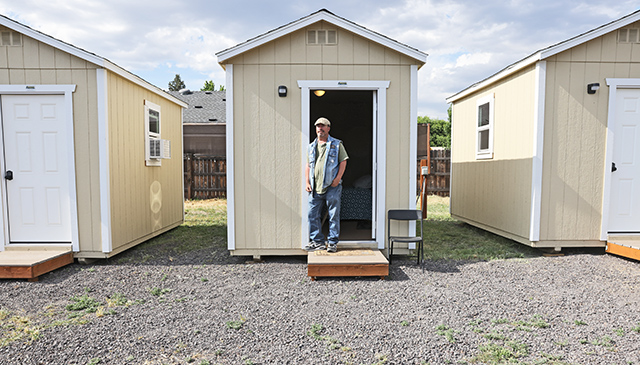Editorial: Don’t give more power to secrecy in Salem
Published 12:00 am Saturday, August 31, 2019

- The Oregon State Capitol (John Gottberg Anderson / Bulletin file photo)
Oregon Senate Republicans walked out of the state Legislature twice this year, in efforts to kill or change several bills. Democrats hope to limit the effectiveness of future walkouts by making them more difficult.
Sen. Ginny Burdick, D-Portland, wants to ask voters to replace the current quorum requirement in the state constitution. The requirement is two-thirds of members must be present. That could be changed, perhaps, to a simple majority.
But have legislators proven they deserve any change?
Switching to a simple majority would make it easier for a smaller group of legislators to be more secretive about what goes on in the Legislature than they already are.
The Democratic majority went to Salem this year with muscles to flex, and so it did. A little less muscle and even a bit of willingness to compromise would have served both parties and the state better.
Consider cap-and-trade. As written, House Bill 2020 would have cost just about every adult Oregonian plenty. Fuel prices would have gone up. This in a state where, in rural Eastern Oregon, a car is a genuine necessity. In fact, says Sen. Tim Knopp, R-Bend, had Senate Democrats been willing to deal on fuel taxes and include money to improve forest health, Republicans likely wouldn’t have left in June.
In addition to a compromise/partisan problem, Salem has a transparency problem. The secrecy comes in many different forms. One change that should be made in Salem is the elimination of so-called committee bills and amendments. They allow important legislation to be introduced and changes in legislation to be made without clearly identifying who did it.
For instance, who killed an additional judge for Deschutes County? The position suddenly disappeared from the bill it was in without any clear accountability for the person or persons that removed it.
Oregonians shouldn’t consider granting legislators any changes they want to the state constitution until legislators begin showing a sincere commitment to transparency in the legislative process.






